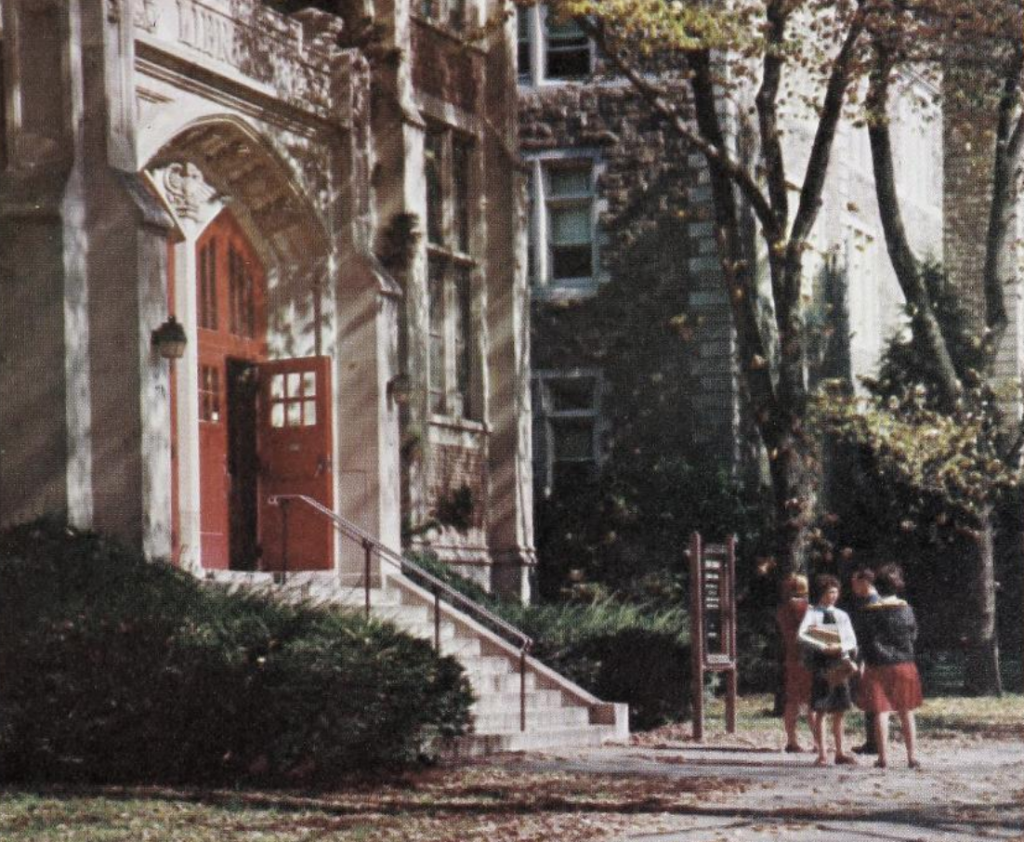By: Jessica Stier
As part of his definition of location, Robert Coles writes that location includes “the way a particular writer or researcher decides to commit himself or herself with respect to those being studied, watched, heard” (p. 32). These words really resonate with me in looking back on the process of creating my documentary. Creating a documentary about Muhlenberg alumni who fell in love at Muhlenberg and got married after graduation required tremendous respect for the subjects. I wanted to showcase them and their stories in a positive light, and honor the legacies they have created at Muhlenberg and beyond. For example, I was extremely inspired by the Bakers’ time serving in the Peace Corps, and wanted to depict that piece of information in the documentary because I respected it so much. However, I also had to recognize that I needed to respect the Bakers’ privacy as people, and if they did not consent to their story being included in my film then I would have to figure out a new plan. Coles also mentions that the concept of location entails a filmmaker’s background and all categories which their identity falls into (level of privilege, race, gender, religion etc.). These traits inform the way filmmakers tell stories through documentary work. In taking my own identity into account, I realize that I tell this story different as a Muhlenberg student rather than if I attended a different college because I can relate to them. All of us have walked down Academic Row (or whatever it was called in the 1960s) and lived at some point on West Chew Street. The couples I studied represent an extension of my personal collegiate community, and I feel a greater connection to them knowing that we attended the same college. We are all technically part of Muhlenberg’s history, which made me excited to research their relationships. I also felt my location connecting strongly to Lona through my gender identity, because we’re both outspoken women. In watching Lona’s interview, I found myself nodding my head in agreement with many of her comments about blazing a trail for women’s rights on college campuses, as well as laughing along with her as she recounted some crazy memories in conflicts with men as one of the first women on Muhlenberg’s campus. As I learned more and more about the couples I was researching, it felt like I was uncovering treasure– the treasure of what Coles would call human particularity. This project taught me that people don’t have to be famous for their stories to matter, and instead the most remarkable stories can be found in seemingly ordinary relationships– which in reality are pretty extraordinary.
